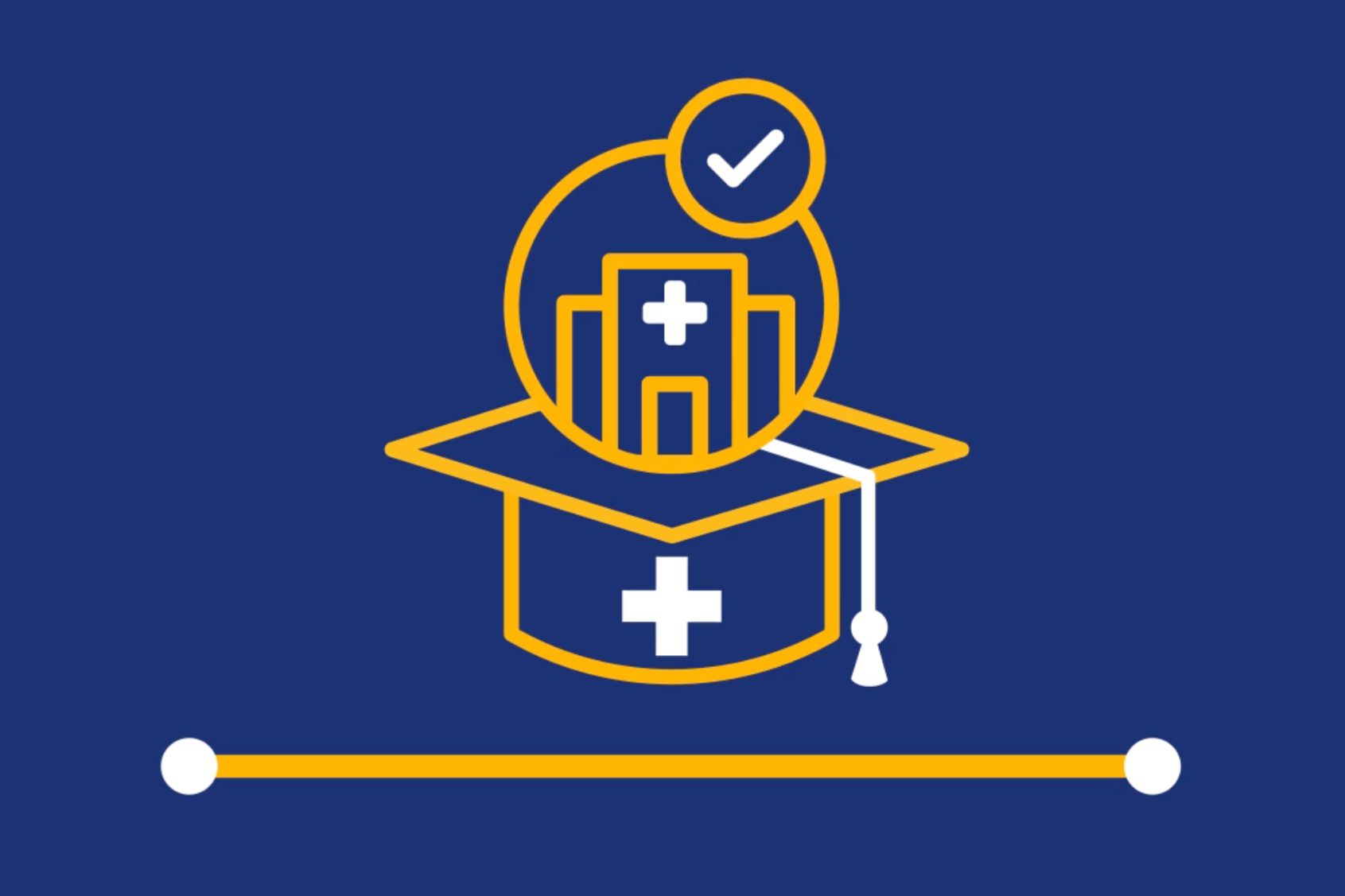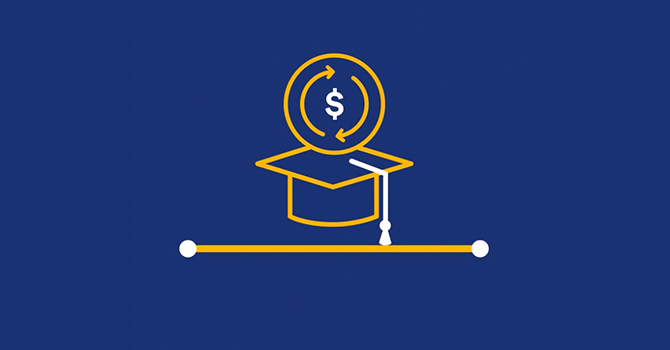Refinancing Options For Medical Residents
Refinancing during residency or fellowship could help reduce stress and allow you to focus on what matters most—your medical training.

Refinancing during residency or fellowship could help reduce stress and allow you to focus on what matters most—your medical training.
In 2021, most med school students graduated with an average of $242,000 in student loan debt – and that’s before residency or fellowship costs!
Some private lenders, like Laurel Road, offer special refinancing programs for residents and fellows that allow you to pay a lower monthly payment during training.
With this type of refi, the interest on your loans stops compounding while you are in residency and fellowship, and only resumes when you start your standard repayment term, post-training.
As soon as you’re matched to a residency program, you may be able to start taking advantage of low fixed or variable refi rates and consolidate your federal and private student loans into a single, low monthly payment.
Refinancing federal loans means you’ll no longer be eligible for federal government benefits such as income-driven repayment, forbearance, or loan forgiveness programs, so be sure to visit studentaid.gov to get all the details first.
Refinancing during residency or fellowship could help reduce stress and allow you to focus on what matters most—your medical training. In other words, a resident refi option could be just what the doctor ordered!
Don’t miss the latest financial resources.
This site is protected by reCAPTCHA and the Google Privacy Policy and Terms of Service apply.
Get tailored Laurel Road resources delivered to your inbox.
Search Results


